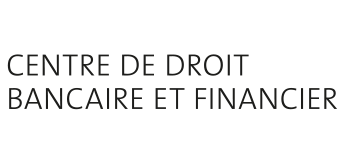Masters of Compliance ? Monitore als Förderer der Unternehmens-Compliance

Urs Zulauf
In criminal proceedings against corporations, in particular in the US, it is important whether the companies’ compliance organization is well designed and effectively implemented. In their settlements with corporations US prosecutors as well as supervisory authorities often request compliance improvements and the appointment of an independent monitor. The latter’s task is to accompany, promote and monitor the implementation of the compliance improvements. In various cases, US authorities also appointed monitors at European (including Swiss) corporations. This article gives examples, examines the US legal basis as well as the function and tasks of the appointed monitors and describes the advantages of monitorships from the point of view of the authorities. It describes the selection process and the attempts of third parties to access to working documents of monitors. For the corporations concerned, the monitoring processes are associated with high costs, which they can only limit but not avoid. With targeted measures, however, a corporation can at best avoid the appointment of a monitor. If this does not succeed, some fundamental points should be taken into account when facing a monitorship. In view of the Swiss blocking statutes the appointment of foreign monitors who become active in Switzerland requires a permit from a competent Swiss authority. Due to the increasing global spread of the instrument of the Deferred Prosecution Agreement, criminal authorities of other countries are also increasingly using monitors. In Switzerland, FINMA has been doing this as the financial market supervisory authority, whereby it elects, appoints and instructs its mandataries directly. An empirically verified statement about the effectiveness of monitorships is conceivable, if at all, at most through long-term studies but their effect already seems plausible today. With the increasing global use of monitors, the criminal authorities are entering the field of supervisory authorities, which speaks in favour of enhanced functional coordination among these authorities.




